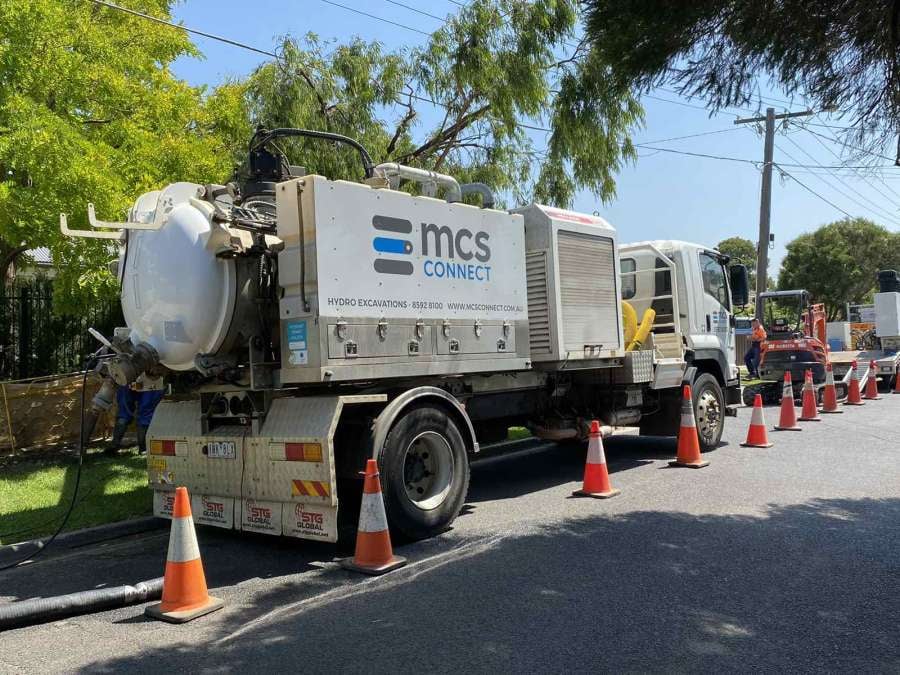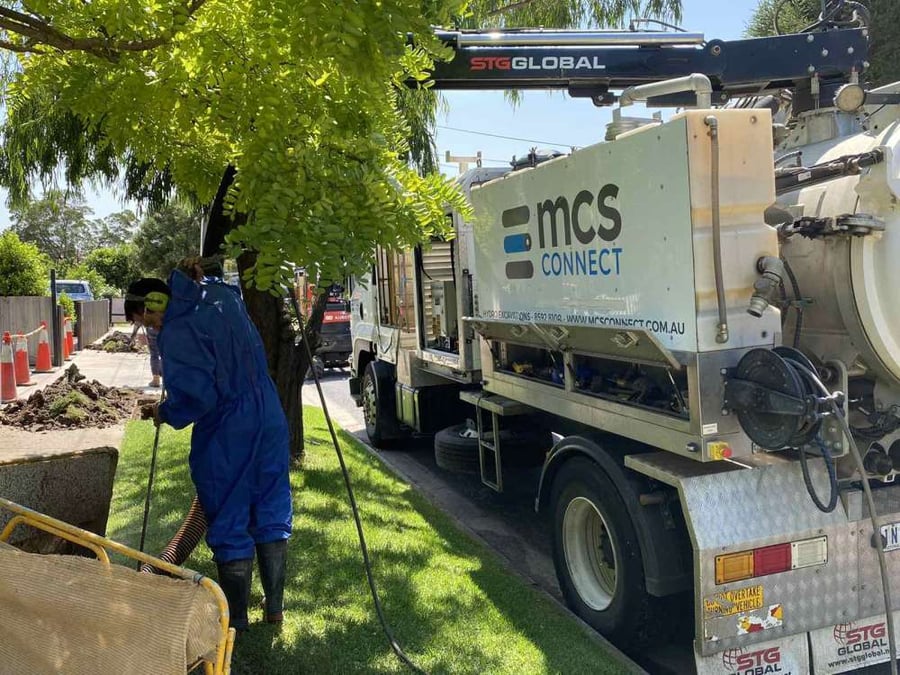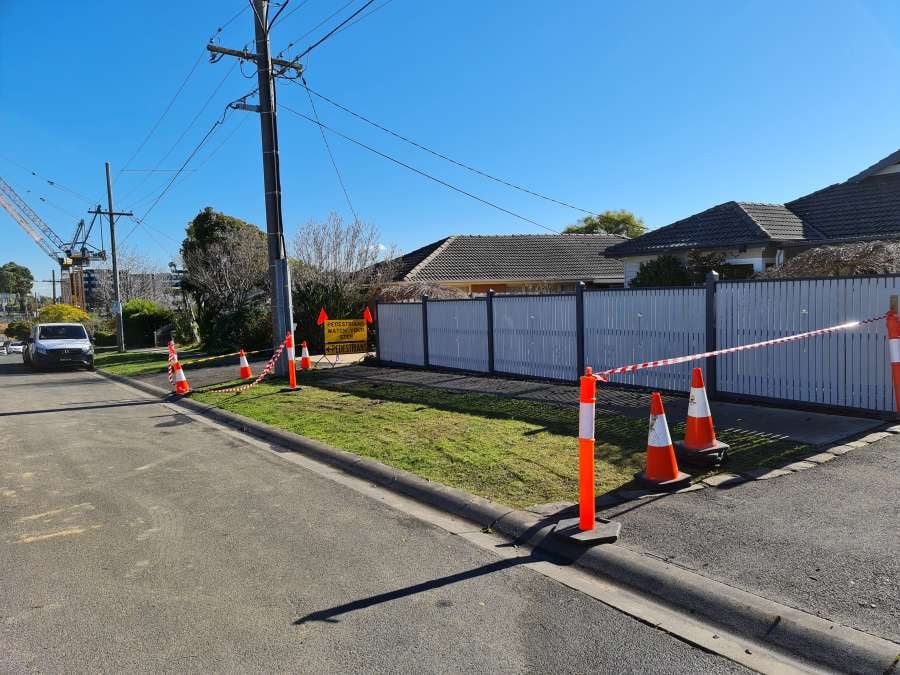If you need fast, safe and effective digging or drainage works completed on site, you can’t go past vacuum excavation.
Also known as non-destructive digging, vacuum excavation is a great option for underground asset location and telecommunications works. It is also a viable alternative to traditional mechanical digging methods such as backhoes, especially in hard to reach places or sites where valuable natural assets or services require protection.
However, despite vac trucks being a fast, safe and cost-effective option, traditional excavation is still the go-to for many builders and developers. So, in this article we’re sharing three important things you may not know about vacuum excavation that might just convince you to make the switch on your next project.
Flexible to suit your site and needs

Vacuum trucks are versatile machines with a range of functions and abilities, allowing you to customise the method to best suit your site and needs. Not only can they perform non-destructive digging using the power of suction alone (e.g. vacuum excavation) they can also perform hydro excavation where water is used alongside airflow to speed up the work. Both methods are highly efficient and safe, however a key difference is that vacuum excavation allows you to reuse the debris to refill the hole, whereas hydro excavation does not.
Powerful but delicate way to dig

Despite the size and power of the vac truck, it is a surprisingly delicate way to dig. The absence of mechanical digging means there is minimal disturbance to the site, resulting in less damage to assets and less workplace accidents. The reduced risk of damage means that non-destructive digging is now the preferred (and increasingly, the required) method of digging specified by councils for sites where underground assets such as tree roots and utilities are present. Opting for vacuum excavation can also reduce the amount of insurance and liability cover you are required to have due to the safer nature of the works, which is a big plus for your bottom line.
Less disturbance means a cleaner worksite

Because the vac truck works precisely and effectively to suck out the dirt, water or slurry it is removing via a hose, you are left with a safer and cleaner worksite. The soil, liquid or debris is sucked straight into the large tank where it can be easily transported from site for disposal with minimal labour or fuss. If the debris is to be reused to fill in the hole, it is fast and easy to direct it back to precisely the right place using the targeted hoses. The hoses also allow the vac truck to park a fair distance away from the excavation site, which causes less site disturbance to the surrounding ground. The reduction in disturbance and precision of the works means less mess to clean up so you can save your team time and effort and wrap the job up faster.
Safer, cleaner and more flexible digging
If you’re looking for a safer and easier alternative to traditional digging methods that can save you time, money and hassle, vacuum excavation could be the ideal solution. Especially if you’re digging underground around valuable assets such as telecommunications or other services.
Like to know more about vacuum excavation? Contact our team for friendly advice on 03 8592 8100.
